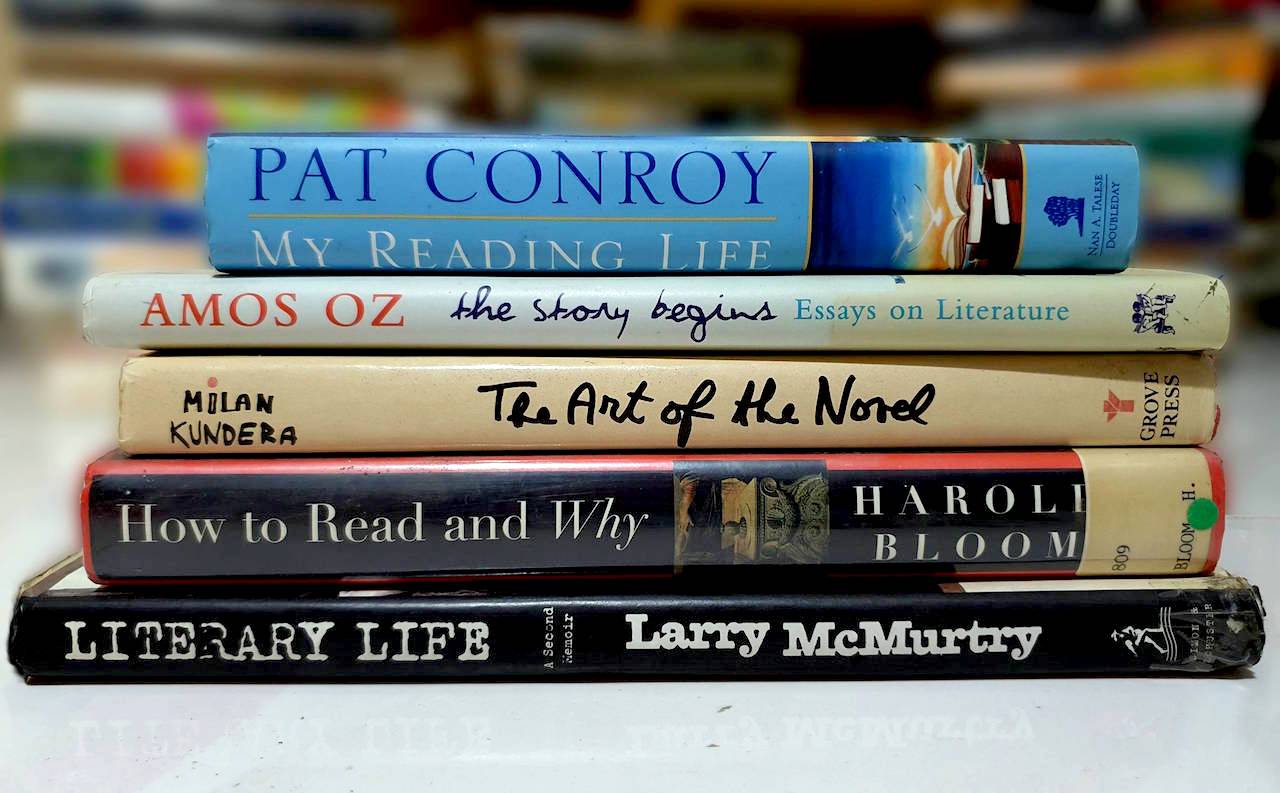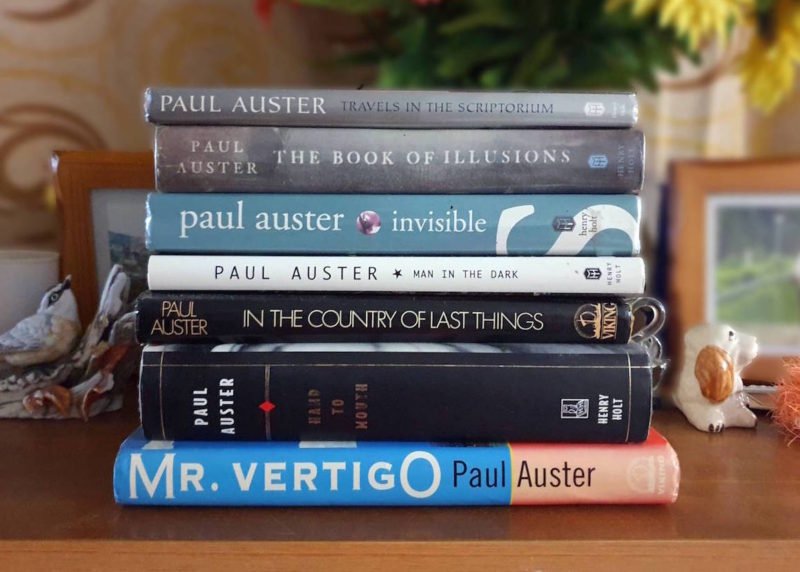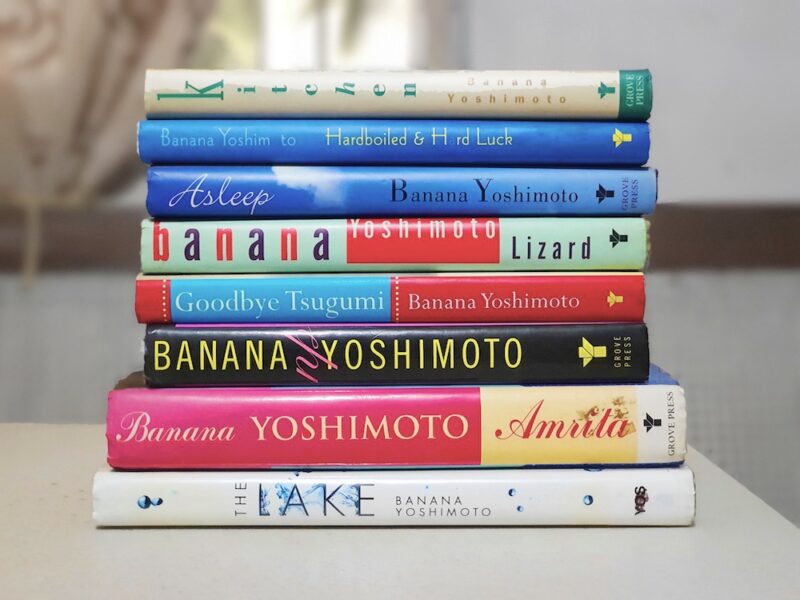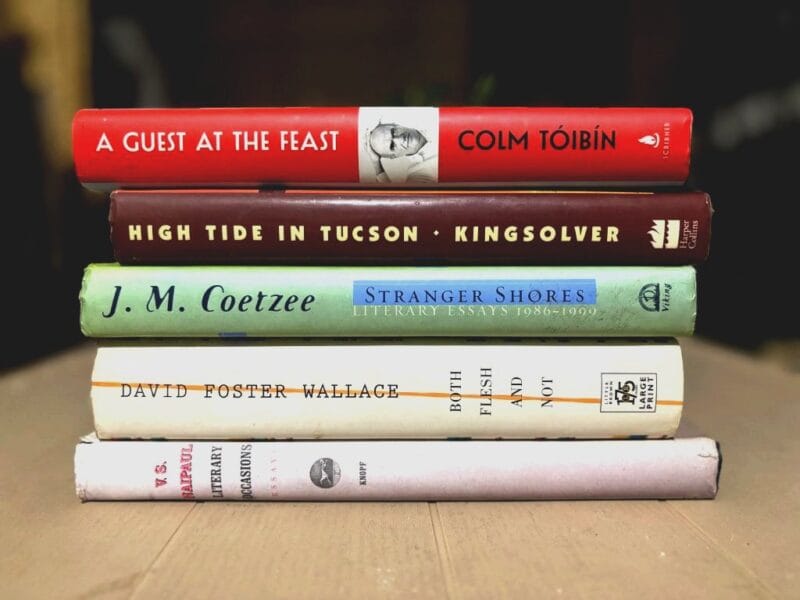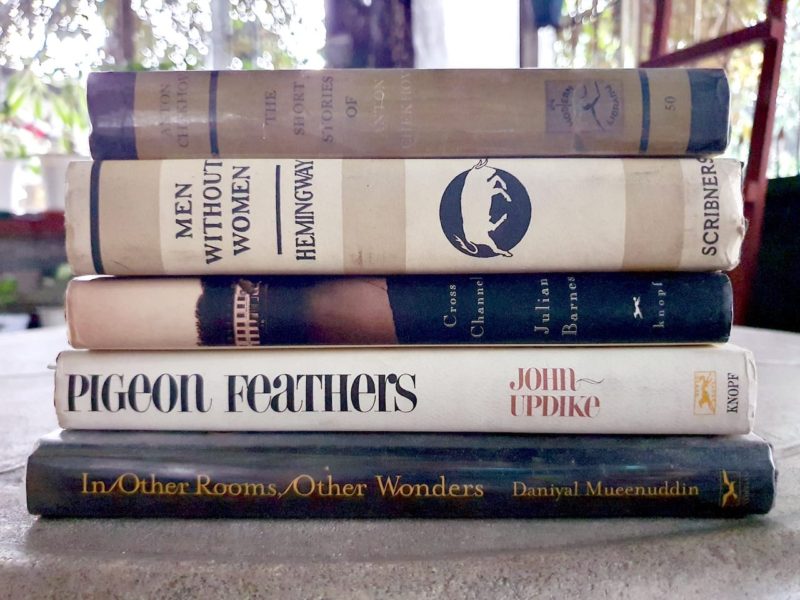My Reading Life (2010) by Pat Conroy
Pat Conroy, a well-known American author, is a voracious reader; books began as a childhood fascination and has grown to be a lifelong companion. In his book, My Reading Life, Conroy acknowledges the books that had great effect on him and praises the value of reading. Even though he loves to read, for him it is more than just a way to pass the time in the evenings or a way to get ideas for his own work.
This book is filled with wonderful anecdotes from his school days, moving accounts of how reading helped him get through difficult times, and even lists of books that had a particular impact on him on certain periods of his life. He reflects on his love for books by recalling childhood visits to the local library with his mother, recalling his decades-long friendship with the English teacher who introduced him to letters, and recalling his moment in Paris, which had a profound impact on him.
The Story Begins (1996) by Amos Oz
Amos Oz shares his rich and rewarding experiences as a writer and a teacher in this collection of ten essays. He prefers to think of the start of a story or novel as “a kind of contract between writer and reader,” which is a formal but useful way of looking at it. To analyze and consider various texts, The Story Begins takes an innovative method that centers on the beginnings and builds upon them.
As a brief introduction and a recommendation on how to approach books, it’s worth a look despite the mixed bag of authors and the fact that many of the texts will be unfamiliar to you. Students of language and literature and those who love to read books about literature will find this book to be a helpful, approachable, and friendly companion.
The Art of The Novel (L’ Art Du Roman, 1986) by Milan Kundera
Novelist Milan Kundera draws on historical circumstances to write about the heartbreaking misalignments of history. In The Art of the Novel, he serves as a guide to understanding the history of the novel as it appears in his own work. Every novelist’s work contains an implicit version of the history of the novel, an idea of what the novel is; this book contains seven essays on the art of the novel.
Some of the great works of Milan Kundera include The Unbearable Lightness of Being and Immortality. In these works, fiction meets philosophical reflection in a marvelous elegance and compression; a novelistic essay unfolds as a counterpoint to a story.
As an aid to readers of this book, he provides a glossary of key terms from his novels. Kundera’s avant-garde brilliance did not preclude his work from being widely popular or easily understandable, making him loved by so many readers, even those who rarely read fiction.
How to Read and Why (2000) by Harold Bloom
Since he was a young man, Harold Bloom has inspired a generation of college students to become lifelong readers through his passion for literature. His book, How to Read and Why, shows how we re-invent ourselves through reading and why stories can sometimes teach us to look at beauty in the commonplace. It begins with a short explanation of the importance of literature before moving on to look at some of the best novels, poetry, and plays ever written.
Being a literary critic, Bloom opens his passionate book on the benefits and pleasures of reading well with the crucial question: Do you enjoy reading? Instead of engaging in debate, Bloom writes to the lone reader, urging them to read for the purest of all reasons: to discover and enhance their sense of self. Bloom was a voracious reader himself, so he was particularly qualified to explain what we should read, how to read them, and why.
Literary Life (2009) by Larry McMurtry
Continuing on from his previous memoir about literature, aptly titled Books, Larry McMurtry discusses the personal ups and downs of being a writer in this sequel, Literary Life. It’s filled with literary tales and reflections about writing, writers, and the author himself, from his time as a Wallace Stegner fellow at Stanford in 1960 to his extraordinary success as a popular novelist. It starts off with his lifelong career as a book buyer, seller, and eventually proprietor of a bookstore called Books.
This book examines McMurtry’s own life—what inspired him to write (money, he claims) and how age has conditioned his writing. He then makes the argument that geography matters in his writings, and that his characters usually reflect his own physical landscape at the time of writing. While Books is about McMurtry’s lifelong passion to read as much as he can, in Literary Life, we look at the polar opposite of that fixation. Despite the fact that McMurtry has never stopped writing, he admits that as he’s gotten older, he’s become more interested in nonfiction writing.
Further Reading
100 Must-Read Books About Books by Margret Aldrich, Book Riot
100 Must-Read Books on English: Essays, Writing, and Literary Criticism by List Muse
The Literature of the Pandemic Is Already Here by Lily Meyer, The Atlantic
How to Read a Book: The Ultimate Guide by Mortimer Adler, Farnam Street Media
